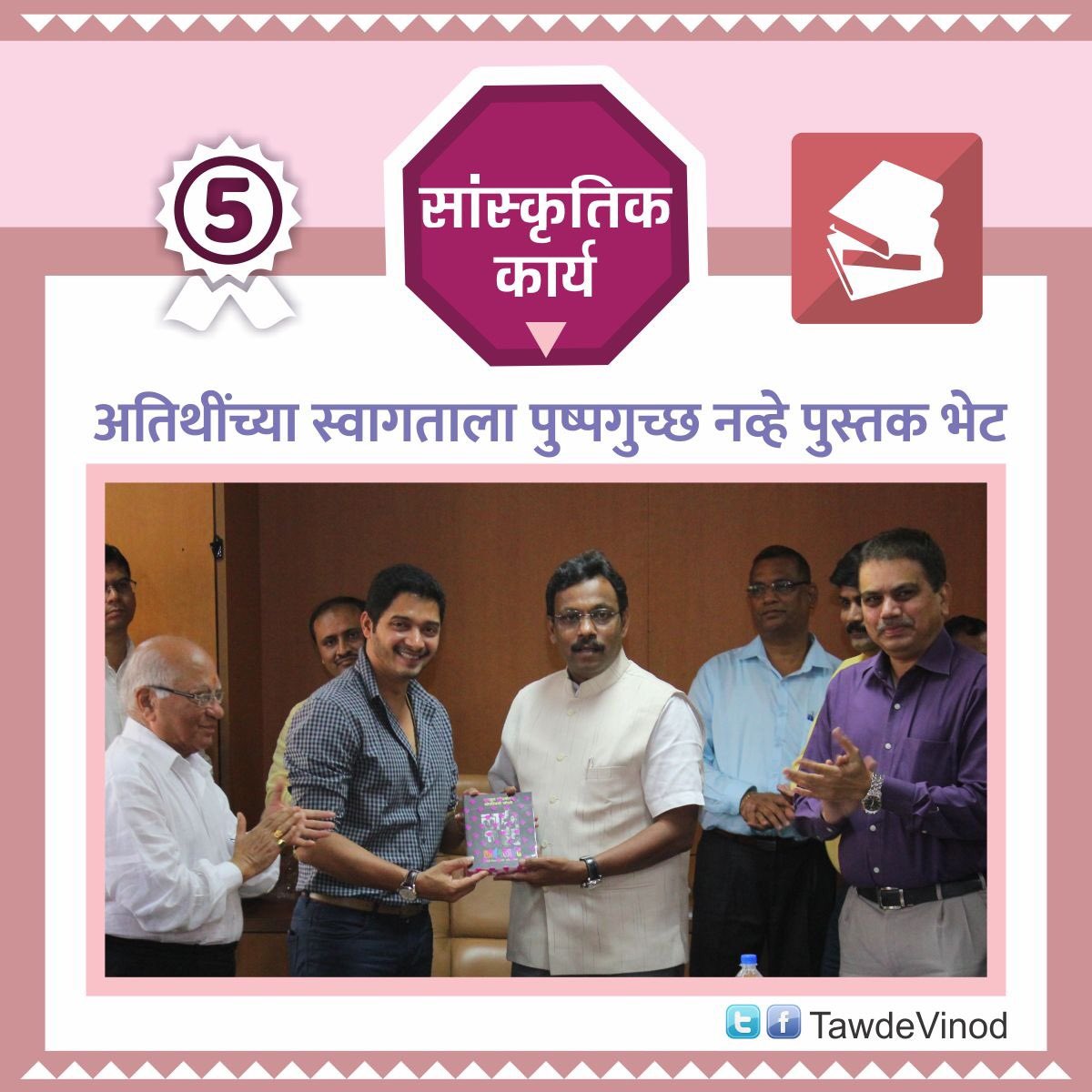Only 15.8 per cent of the total publications produced by Indian researchers feature in the top 10 journals globally, a government report has revealed. It has emphasised on the dire need to focus on the quality of research in the country.
Compared globally, India trails the UK, which has 37.3 per cent research work published in top 10 journals, the US (36.2 per cent), Germany (33.4 per cent) and China (27.6 per cent).
As per Scimago Journal Rankings, India ranks fifth in global research publication output. But countries such as the US, China, Germany and the UK continue to dominate the world rankings both in terms of quantitative and qualitative research.
"Presently, sizeable numbers of research and technology institutions/universities are spread across the nation, which includes central/state government funded and self-financed institutions. Despite these huge investments, the quality of research and innovation (R&I) is not of current global standards. Moreover, none of these institutions are amongst the top 100 R&I institutions in the world. Also, the quality of the workforce produced by these institutions is not amongst the best in the world," the HRD Ministry's Education Quality Upgradation and Inclusion Programme (EQUIP) report has said.
The quality of academic research produced by Indian scholars has become a subject of grave concern for the University Grants Commission (UGC), which had flagged the issue of increasing the number of students getting their research published in 'sub-standard journals'.




